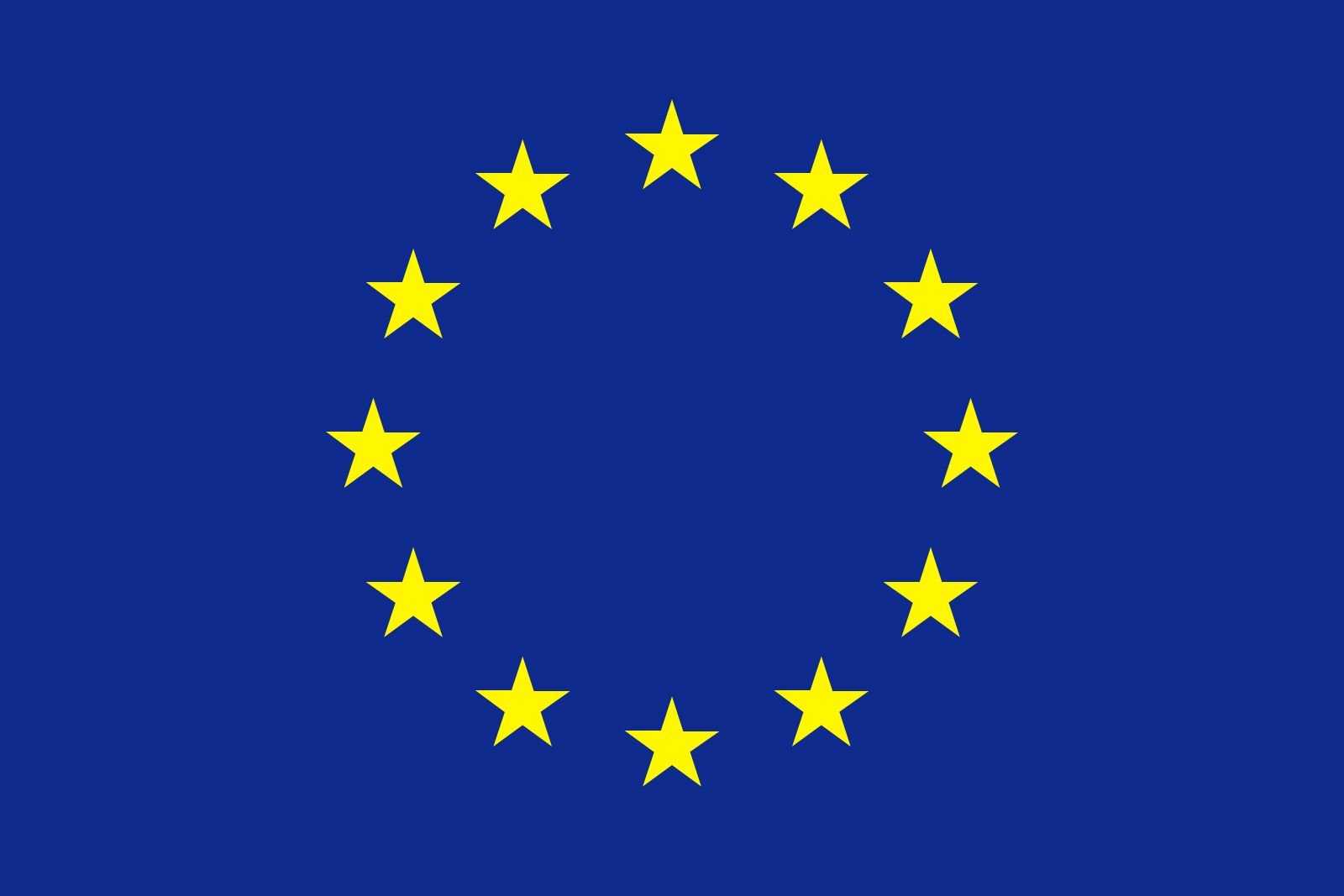EU countries and parliament agreed on legislation limiting how Big Tech and other firms use European consumer and corporate data, with safeguards against non-EU governments gaining illegal access.
Last year, the European Commission suggested the Data Act constrain U.S. Internet businesses by including data from smart gadgets and industrial and consumer products.
The 2013 Snowden allegations of massive U.S. eavesdropping raised EU data flow worries. The deal took seven hours.
“Tonight’s agreement on the Data Act is a milestone in reshaping the digital space…we are on the way of a thriving EU data economy that is innovative and open—on our conditions,” EU industry chief Thierry Breton tweeted.
The new regulation lets people copy or transfer data from smart devices, equipment, and services. It gives consumers, and companies control over related product data.
The Act enables switching data processing providers easier, prevents cloud service providers from transmitting unlawful data, and sets interoperability standards for data reuse across industries.
Manufacturers reduced data sharing with third parties for aftermarket or other data-driven services. Siemens and SAP are worried about trade secret leaks.
Data-sharing requests can be denied if operators suffer “serious and irreparable economic losses” that threaten their sustainability under the new rule.
Damian Boeselager, a lawmaker, said this gave corporations a loophole.
I’m alarmed. “A national authority can review and annul a unilateral decision by the operator in a timely manner,” he said. ITI opposed the Act’s scope.
“We have ongoing concerns regarding the Act’s broad and ambiguous approach to data sharing, including the expansion of the products and services originally in scope and the safeguards for trade secrets protection, as well as the rules impacting international transfers of non-personal data,” its director general for Europe, Guido Lobrano, said.


















































